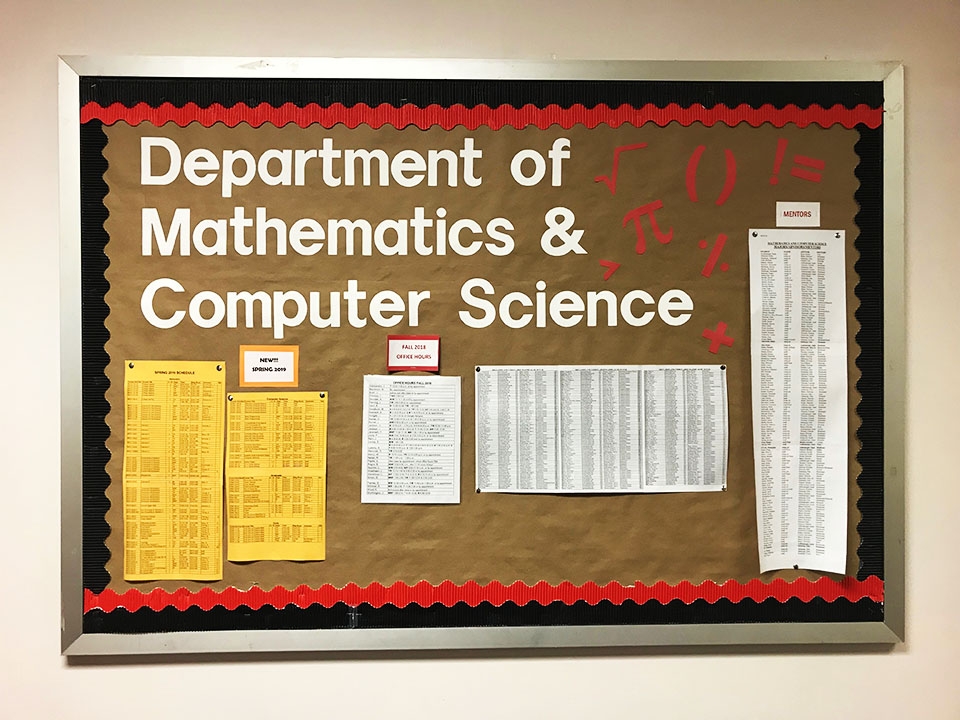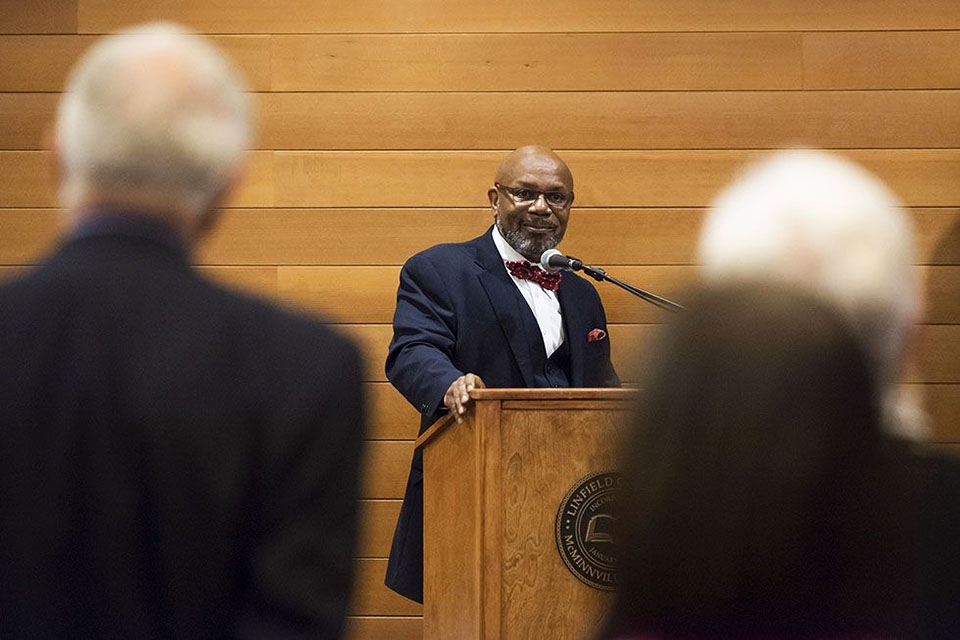
The new cybersecurity studies program is jointly offered by the mathematics and computer science department and DU’s Center for International Relations.

The new cybersecurity studies program is jointly offered by the mathematics and computer science department and DU’s Center for International Relations.
Samantha Zapach | Staff Writer
10/25/2018
With the progression of technology in our society, the demand for cybersecurity knowledge continues to increase. Duquesne’s McAnulty College of Liberal Arts is now introducing a new cybersecurity studies program in order to keep up with said demand.
The program, which focuses on terrorists’ communication methods and policy analysis at governmental and international levels, is offered and run through the mathematics and computer science department in tandem with the university’s Center for International Relations. Once completed, the cybersecurity studies program will equal 33 credits split across these two departments.
According to Patrick Juola, computer science professor, the idea for this new and upcoming program came from Fr. John Sawicki, assistant political science professor and head of the International Relations program on campus.
Juola hopes the new program can prepare students to help society combat cybersecurity threats and terrorism and believes that the program has large potential to succeed at Duquesne.
“The Duquesne program is unique precisely because it’s not a purely technical program,” Juola said. “It incorporates elements of traditional policy analysis to help bridge the gap between the technicians who know how, but not why, and the analysts and regulators who know why, but not how.”
Juola believes that the program is unique, noting the blended curriculum students will experience.
“I don’t know of any other program anywhere in the world that combines the policy and regulatory framework, especially in an international relations context, with the technical content at the undergraduate level,” Juola said. “Students will graduate with a valuable background and a foot in both camps, which will fit them both to make an immediate contribution in the workforce or to bring an exceptional background to further studies in graduate school.”
Students will be prepared for a wide variety of careers, including government, forensics, policy analysis, and security operations and planning, thanks to a curriculum that teaches coding and security policy.
The cybersecurity studies program is now being offered as a major or a minor within the McAnulty College of Liberal Arts.




